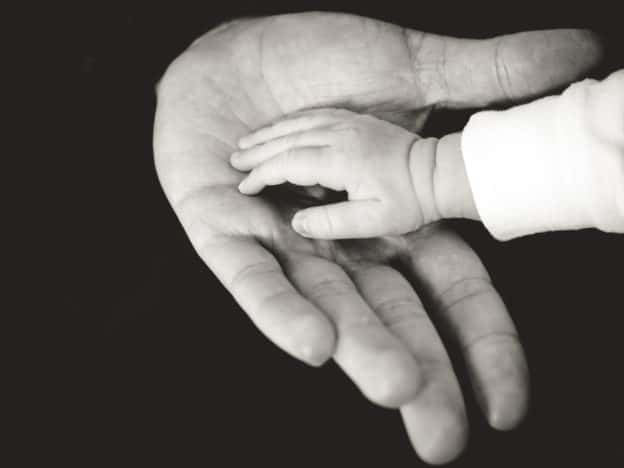Our work ethic, trust and commitment are developed during our formative years. We learn these traits from our parents, teachers, world events, media, etc. If we look at the generations currently in the work force and associate their behavior to the world during their developmental years, it will help us understand each other. Understanding each other can lead to working better together.
We’ll briefly look at each generation relating to US Events and the American Family during their formative years.
For this piece we’ll use –
- Traditionalists (over 72),
- Baby Boomers (53 to 71),
- GenXers (37 to 52), and
- Millennials (17 to 36).
Traditionalists
Traditionalists were raised during the depression. Children didn’t work to buy a new Xbox game, they worked to help feed the family. There was no waste. The government was spending money to help shore up the economy after the end of WWII.
The family consisted of Dad, Mom and siblings. There were traditional “male/female roles” in the family. Parents were working to be able to give their children a better life. Adults talked, children listened and learned.
Young people were taught to respect their elders, superiors and the government. Family was emotional and financial security.
Baby Boomers
Baby Boomers were raised during economic growth. Families were buying homes, cars and TVs. Businesses were growing in the US and good jobs were available. Kennedy, Martin Luther King, Jr. were assassinated and US was at war with Vietnam. Youth started questioning authority and becoming anti-establishment. Young people started looking for self-fulfillment.
Family roles started getting blurred. Women went to college. Dr. Spock came out with his book on raising children. Divorce rates started soaring. TVs came into the family homes. People were living the American dream. The Generation Gap started between children and their parents.
Young people were more financially comfortable and educated. They weren’t as inclined to follow without questioning.
GenXers
Generation X saw a continued deterioration of leadership. Watergate, Kent State Students killed by the National Guard, Mississippi Blacks killed by police. Corporate downsizing started. The environment becomes important with the spotted owl and three-mile island. We are introduced to AIDs. Problems with the Middle East started affecting us with the energy crisis.
Traditional families continue change, single parent families, second marriages and blended families becoming the norm. With both parents working, children would come home from school, have a list of tasks to do before mom and/or dad came home and didn’t have anyone supervising them. They became self-sufficient. Remember the ad “An Army of One”. Computers started coming into home with technology expanding our worlds.
Millennials
Millennials saw the IT bubble burst and the crash in 2008. Parents lost their jobs and were out of work for long periods of time or took jobs that were lower paying. Terrorism started internally and externally with the Columbine massacre, 911 and the bombing of Marines in Lebanon.
Parents became fearful for the safety of their children. Children weren’t left by themselves. After school programs and scheduled summers became the norm. Parents wanted to teach children that they were valuable and could accomplish their goals. Parenting was shared more equally between men and women.
What Does This Mean for Our Work Teams?
There are fundamental differences between the generations. The evolution from trusting the family and authority to trusting yourself and those that prove themselves to you, has occurred over 75 years and four generations. We don’t all think alike, and we never will.
What Can You Do About It?
Don’t expect those you work with to have the same motivation and behavior that you do. Try to understand where your co-workers are coming from. Remember most of the actions and reactions at work really aren’t about the person receiving the actions or reactions, but about the person sending them.
If you are working with Millennials, they have been taught they have value and can contribute to the conversation. They have not seen trustworthy leadership. They need to take care of themselves because no one else is going to. They may need more direction and guidelines than GenXers.
When working with GenXers, expect independent thinkers. They want a task, the tools necessary and the opportunity to figure out the best way to do it. Trust is important, and they don’t give it easily.
For Baby Boomers, they have more respect for authority than Millennials and GenXers. They want more structure. Meetings should have an agenda. Most will not question authority in public.
Traditionalists expect to be listened to and respected because they are senior and have more experience. It is difficult for them to be challenged in public. They want a clear understanding of the hierarchy. Change is particularly difficult.
By understanding a bit more about why people act a certain way, it is easier to have empathy and find ways to work toward a common goal.
We are all trying to do a good job. We all just go about it a bit differently.
Diane L. Camacho, CLM
DLC Consulting Services, LLC
Legal Management Solutions for Solo and Small Law Firms

